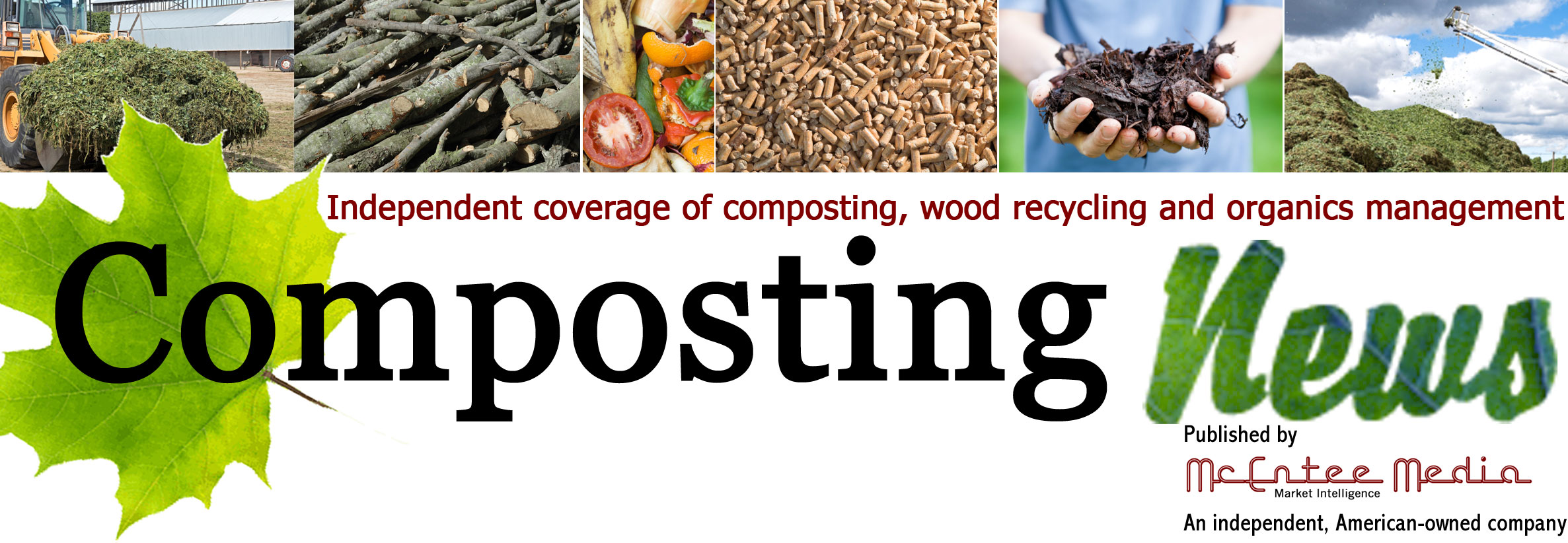Legislation to create a tax credit for the development of anaerobic digestion facilities passed in a legislative committee in September and was sent to the New Jersey General Assembly for consideration
A3577, would incentivize the development and construction of anaerobic digestion facilities that process food waste within the state by providing a tax credit against the corporation business tax to compensate the developer for the costs incurred during development and construction of the facility. The tax credit would be available for six years.
The bill unanimously passed the assembly’s Environment, Natural Resources and Solid Waste Committee by a vote of 6-0 with one abstention. The legislation was introduced in February by Assemblywoman Alixon Collazos-Gill (D-Montclair), Assemblyman Michael Inganamort (R-Sparta) and Assemblywoman Shavonda Sumter (D-Paterson) and referred to Assembly Environment, Natural Resources and Solid Waste Committee.
The bill defines “anaerobic digester” as a device that promotes the decomposition of organic material into simple organics and gaseous biogas products, in the absence of elemental oxygen, by means of controlling temperature and volume, and that includes a methane recovery system. The bill defines “food waste” to mean food processing vegetative waste, food processing residue generated from processing and packaging operations, overripe produce, trimmings from food, food product over-runs from food processing, soiled and unrecyclable paper generated from food processing and used cooking fats, oil, and grease.
Food waste does not include food donated by the generator for human consumption, any waste generated by a consumer after the generator issues or sells food to the consumer.
The amount of the tax credit provided by the bill may not exceed the lesser of 50 percent of the costs incurred to develop and construct the anaerobic digestion facility or $250,000. The bill would also limit the cumulative total of tax credits awarded pursuant to the bill to $15 million.
To qualify for the tax credit an operator would be required to demonstrate that the anaerobic digestion facility was developed and constructed prior to applying for the tax credit.
The legislation notes that 30 to 40 percent of food in the U.S. is wasted, citing data from the U.S. Department of Agriculture. In 2017, nearly 41 million tons of food waste was generated and only 6.3 percent of that food waste was diverted from landfills and incinerators for composting. Anaerobic digestion is a valuable way to divert waste food waste from landfills, the legislation says. Food waste can be converted through anaerobic digestion to produce biogas, which can be used to generate heat and electricity, or can be injected into the natural gas pipeline. According to the New Jersey Department of Environmental Protection, electricity produced from the combustion of biogas from food waste qualifies for Class I Renewable Energy Certificates from the New Jersey Board of Public Utilities.
The legislation notes that the U.S. EPA identifies three types of anaerobic digestion facilities that accept food waste: stand-alone food waste digesters, on-farm digesters that co-digest food waste and digesters at water resource recovery facilities that co-digest food waste.
A 2017-2018 report by the EPA concerning anaerobic digestion facilities that accept food waste in the U.S., reported that there are only four anaerobic digestion facilities that accept food waste in New Jersey.
Follow us on social media:


Be the first to comment on "New Jersey digester tax credit goes to assembly"